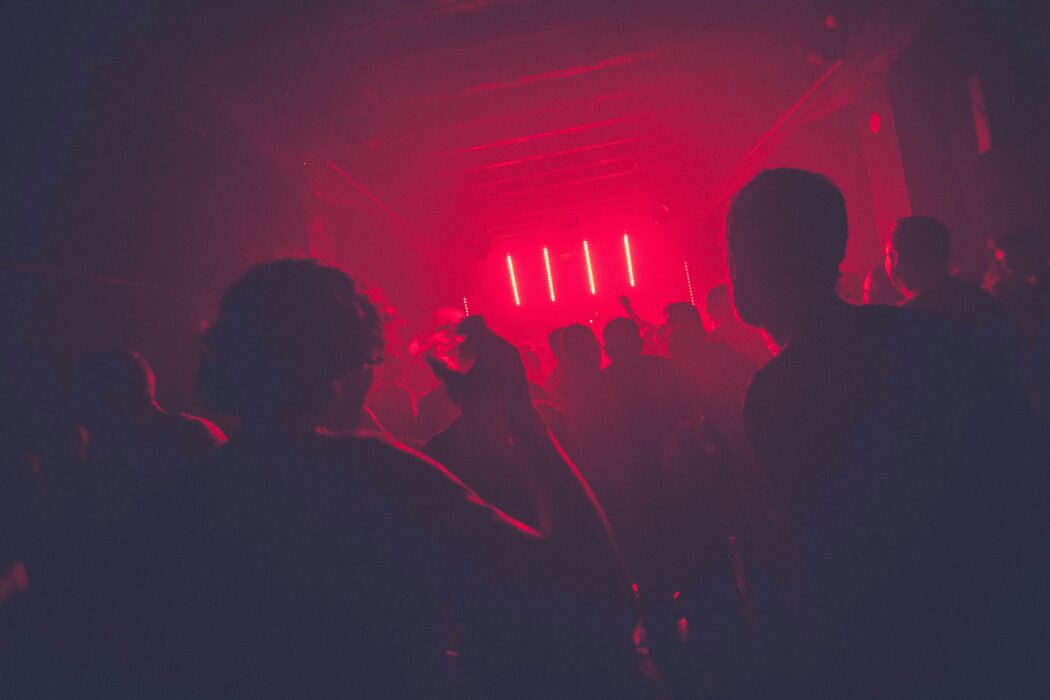According to QS Best Student Cities Rankings 2025, Montreal has ranked as a top student city in North America. This comes as no surprise; from its incredibly diverse population to abundance of bars, clubs, concerts, and festivals, the city has successfully welcomed and entertained those who choose to live within it.
Montreal’s night scene deserves extra recognition. Whilst often outwardly perceived as a revelry, nightlife at its core, is a business. It has shaped not only the city’s identity, but also, its economy. In 2019 alone, 22% of all tourists visiting Montreal cited nightlife as their primary attraction. This translated to 2.4 million visitors and $909 million in spending – demonstrating that bars, clubs, live music venues, and late-night eateries aren’t just cultural staples, but economic engines. Beyond tourism, nightlife is also essential to attracting talent and investment. Foreign entrepreneurs often cite Montreal’s 24-hour vitality as a reason for choosing the city, viewing it as a place where employees can both work and experience a rich culture. However, beneath the glow of the city’s after-hours allure, uncertainty looms.
Rising costs, shifting social habits, and policy constraints threaten to dim the industry that once lured millions of tourists and artists to its dance floors.
For the students who make up a significant share of Montreal’s nightlife economy, the cost of going out is reaching new heights. Take Café Campus, a pillar institution among McGill and Concordia students, where a ticket on a busy night out can cost between $16.25 – $20. Factor in paying exorbitant amounts for those minuscule shots of vodka, maybe an Uber or two in the winter, and post-club Chef on Call – a casual night out can easily exceed $50. The real cost of FOMO is digging deeper into wallets than ever before.
Unfortunately, this is part of a larger economic reality—Montreal is becoming an expensive city. A 2024 study ranked it as more expensive than Toronto, an unthinkable notion just a decade ago. Rent, once Montreal’s great equalizer, is projected to double by 2032, according to research from Concordia University’s John Molson School of Business. With living expenses skyrocketing, nightlife is no longer a regular indulgence but an occasional splurge, if not an outright luxury.
Montreal is not alone in its nightlife reckoning. From London to Berlin, club closures have made headlines. Younger generations seem to be frequenting traditional clubs less and opting for alternative social experiences more – due not only to factors like financial concerns, but also, changing social norms.
The closure of Musique, a once-thriving club, is just one example of the industry’s overall decline. Meanwhile, La Tulipe, a historic concert hall, was shut down over a single noise complaint. Such closures don’t just affect the venues themselves—they disrupt an entire ecosystem of bartenders, DJs, security staff, and local artists who rely on nightlife for employment and exposure.
In an effort to address this decline, the city has introduced potential 24-hour zones, areas designated for unrestricted nighttime activities. The goal is to create safe, lively spaces where businesses can thrive without the constant threat of noise complaints or early closing times.
However, critics argue that the initiative is more about optics than genuine support – and so enters the policy paradox of regulation vs. reinvention. Vicky B. Ouellette, artist and co-founder of Studio ZX (an organization that aims to accelerate the careers of the marginalized artists bringing life to Montreal’s underground scene) puts it bluntly, expressing that Project Montreal is “investing money and time in looking good in the public sphere and seeing [nightlife] as something to conquer rather than something to empower.” Many believe that rather than fostering the organic, artist-driven culture that once defined the city, municipal policies are attempting to manufacture a nightlife scene that caters more to corporate interests than to local communities.
Hence, the question arises: is clubbing a dying art, or is it simply a prelude to reinvention?
As the city struggles to balance economic pressures with its reputation as a cultural haven, new social trends and thus opportunities are emerging—ones that may redefine what it means to go out in Montreal.
Enter Croissound, a party concept that blends coffee culture with dance music. Inspired by similar initiatives in Los Angeles and Paris, Croissound transforms cafés into daytime dance venues, where DJs spin from 11 AM to 2 PM. The concept caters to a demographic that still craves communal experiences but in a setting that aligns with changing values—affordability, safety, and wellness.
This shift reflects a broader transformation in social habits. More people are gravitating toward alcohol-free events, community-driven gatherings, and experiences that don’t require a 3 AM Uber ride home. The success of initiatives like Croissound raise a question: could Montreal’s next cultural renaissance come not from the depths of the night, but from the light of day?
The future of Montreal’s nightlife may be at a crossroads, but luckily it has always been a city that reinvents itself. From the jazz clubs of the 1950s to the electronic music explosion of the 1990s, its night scene has undergone countless transformations. But today’s challenges are particularly formidable.
For nightlife to survive, and more importantly, to thrive, the city must find ways to support it.
This means addressing affordability, as well as ensuring that local artists have spaces to perform, and perhaps altogether reimagining what nightlife can be in an era where traditional clubbing is losing its appeal. Though perhaps not a relevant question to our particular student population at McGill, the reality still presents the question – is clubbing truly over, or is this just an intermission?
If history has shown anything, it’s that Montreal’s cultural spirit is resilient. But whether its nightlife can adapt to the pressures of the changing world remains to be seen.








